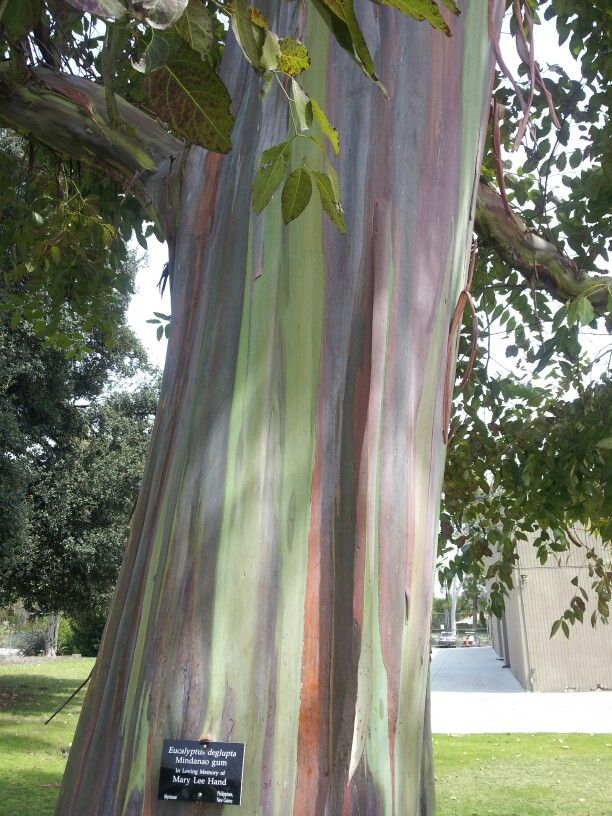
Wildfires have always been a natural part of certain ecosystems, but their increasing intensity and frequency are anything but natural. As we watch Los Angeles literally burn to the ground, it becomes increasingly impossible to ignore the underlying forces driving the infernos. The intertwined legacies of colonialism and capitalism are rearing their ugly heads, exacerbating the wildfire crisis in ways that demand scrutiny and action.
Climate Change: A Byproduct of Exploitation
At the heart of the wildfire crisis lies climate change, fueled by centuries of industrialization and exploitation of natural resources. The relentless burning of fossil fuels—coal, oil, and gas—has driven global temperatures upward, creating drier, hotter conditions perfect for wildfires. These industries, birthed and sustained by colonial and capitalist systems, prioritize profit over planetary health, perpetuating a cycle of environmental degradation.
Global warming has intensified droughts, reduced snowpacks, and extended fire seasons, particularly in regions like California and Australia. These shifts are not random but are deeply rooted in policies that prioritize extractive industries over sustainable stewardship. Indigenous knowledge, which has long emphasized balance and respect for the land, has been sidelined in favor of resource exploitation, further amplifying ecological imbalance.
The Human Toll: Incarcerated Firefighters
The exploitation doesn’t end with the environment. In Los Angeles today, incarcerated individuals are on the frontlines of wildfire suppression, risking their lives for meager wages under dangerous conditions. This practice is a stark reminder of the intersections between capitalism, systemic racism, and environmental injustice. These individuals, many Black or Brown, are denied the opportunity to pursue firefighting careers post-incarceration due to discriminatory hiring practices, despite their critical contributions to wildfire containment efforts. This group is rarely considered when people praise first responders.
Water Scarcity: A Manufactured Crisis
Water is an essential resource in combating wildfires, yet its scarcity is increasingly felt. In many regions, water resources have been over-extracted or privatized, leaving ecosystems and communities vulnerable. For instance, large agricultural corporations and urban developments often monopolize water supplies, leaving little for fire mitigation or Indigenous communities whose ancestral lands are now ablaze. This commodification of water is another hallmark of capitalist systems that prioritize profit over equitable access.
The Role of Invasive Species: Eucalyptus vs. Redwoods
The legacy of colonialism is evident in the very trees that burn. Eucalyptus trees, native to Australia, were introduced to California in the 19th century as part of colonial efforts to “improve” the landscape and fuel timber industries. However, these fast-growing, oil-rich trees are highly flammable and exacerbate wildfire risks. In contrast, native redwood forests, which are more fire-resistant and crucial to biodiversity, were logged extensively to make way for eucalyptus plantations and urban expansion.
This displacement of native ecosystems in favor of invasive species reflects a broader pattern of colonial environmental mismanagement, where short-term gains take precedence over long-term sustainability. Today, efforts to restore native redwoods face significant obstacles, from funding challenges to political opposition rooted in corporate interests.
Burning in Silence: Gaza and Media Bias
While wildfires in places like Los Angeles dominate mainstream headlines, other fires, both literal and metaphorical, often burn in silence. In Gaza, fire and destruction from conflict, including bombings and blockades, devastate communities without garnering the same attention or empathy from global media outlets. This disparity highlights the role of privilege in determining which crises are deemed worthy of focus.
The plight of Palestinians is a stark reminder of the colonial dynamics that shape global narratives. Gaza’s fires are fueled not by nature but by decades of occupation, systemic neglect, and geopolitical apathy. Unlike affluent populations in LA who can rely on international support and resources, Gazans are left to navigate these crises largely alone, facing not only destruction but also a lack of recognition and solidarity.
Moving Forward: A Call for Justice
The wildfire crisis is a stark reminder that colonialism and capitalism are not relics of the past but active forces shaping our present. Addressing this crisis requires dismantling the systems that prioritize profit and control over sustainability and equity.
We must amplify Indigenous voices and integrate traditional ecological knowledge into land management practices. Governments and corporations must divest from fossil fuels and invest in renewable energy and climate resilience. Labor rights for incarcerated firefighters must be prioritized, ensuring fair wages, training, and pathways to professional careers.
Finally, restoration efforts must focus on reintroducing native species like redwoods and addressing the ecological damage caused by invasive plants like eucalyptus. Water must be recognized as a human right, with policies ensuring equitable access for all communities.
By confronting the colonial and capitalist roots of crises, whether they manifest as wildfires or oppression, we can begin to build a future where people and the planet thrive together. The stakes have never been higher, and the time to act is now.
Citing Sources
- Scientific reports on climate change and wildfires, such as those from the IPCC.
- Research on invasive species, including studies from USDA or academic journals.
- Reports on incarcerated firefighters from organizations like the ACLU.
- Articles and data on water privatization and its impact on wildfire management.
- Documentation on Gaza’s crises from organizations like Human Rights Watch or Amnesty International.